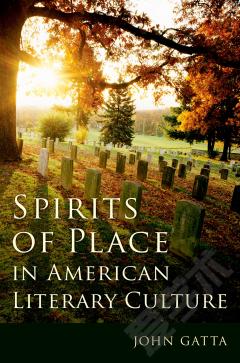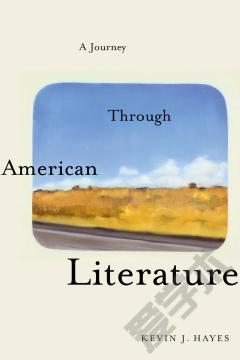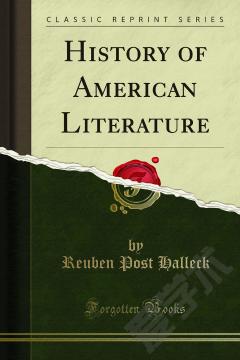The Spirit of American Literature
The historian is subservient to an ideal of encyclopedic completeness and to traditional values. He rules literature OR in sections; into each school and period he puts the great men, and then stuffs the chinks with such as N. P. Willis and Margaret Fuller, who may have been admirable persons but omitted to make literature. Life is short, and art, even American art, is long and vital. It is perplexing to find in current manuals no mention of Father Tabb, but a full page about Anne Bradstreet; a chapter on Bryant, but only a page about Sidney Lanier; extended accounts Of Charles Brockden Brown and William Gilmore Simms, but only half a page about Mark Twain. To be sure, the historian avowedly and properly puts emphasis on writers who are dead in the flesh, and finishes off his contemporaries briefly because they are not yet established and are too numerous to mention; But it seems well, in books about literature, not to discuss writers admittedly dead in the spirit, whose names persist by the inertia of reputation.
{{comment.content}}








 京公网安备 11010802027623号
京公网安备 11010802027623号